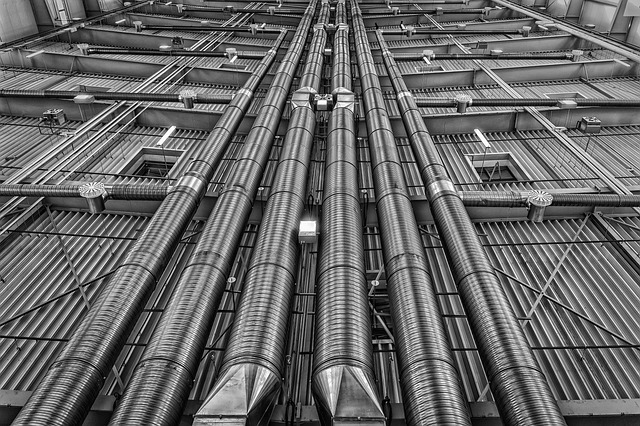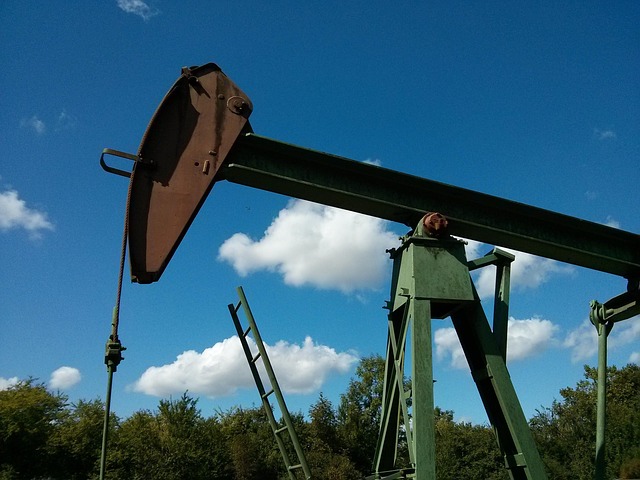Electric boilers are gaining popularity as an eco-friendly and efficient home heating solution, leveraging renewable energy sources like solar or wind power to significantly reduce carbon emissions compared to traditional gas or oil systems. These systems offer precise temperature control, lowering energy costs, and making them a sustainable choice for modern households. Integrating renewable energy into electric boiler systems presents a viable solution for residential and commercial heating, with the potential to revolutionize the industry by providing cleaner, more efficient heating solutions.
An electric boiler, a vital component in heating systems, has significant environmental implications. This article delves into the green revolution with the introduction of eco-friendly electric boilers harnessing renewable energy integration. We explore the potential of this technology to reduce carbon footprints and offer sustainable heating solutions. From understanding the current impact of electric boilers to designing innovative eco-conscious systems, readers will discover how renewable energy integration is transforming the future of heating, making it both efficient and environmentally friendly.
- Understanding Electric Boilers and Their Environmental Impact
- The Promise of Renewable Energy Integration in Heating Systems
- Designing and Implementing an Eco-Friendly Electric Boiler System
Understanding Electric Boilers and Their Environmental Impact

Electric boilers have become an increasingly popular choice for home heating due to their energy efficiency and environmental benefits. Unlike traditional gas or oil-fired boiler systems, electric heating systems offer cleaner and more sustainable operations, making them a game-changer in the transition towards greener homes. These systems heat water using electricity, which can then be distributed through radiators, underfloor heating, or electric space heating elements, providing comfortable indoor temperatures.
The environmental impact of electric boilers is significantly lower compared to their fossil fuel counterparts. Residential electric boilers, powered by renewable energy sources, contribute to reduced carbon emissions and air pollution. Energy-efficient heating technologies integrated with electric HVAC systems allow for precise temperature control, minimizing energy wastage. This shift towards clean heating systems not only benefits the environment but also reduces household energy costs, making it a practical and sustainable choice for modern homes.
The Promise of Renewable Energy Integration in Heating Systems

The integration of renewable energy sources into electric boiler systems presents a promising path toward sustainable and efficient home heating. By harnessing power from renewable resources like solar or wind, these systems offer an eco-friendly alternative to traditional fossil fuel-based electric heating systems. This approach not only reduces carbon emissions but also contributes to long-term cost savings for homeowners, making it an attractive option for those looking to transition to more energy-efficient residential electric boilers.
Renewable energy integration in electric HVAC systems and boiler systems has the potential to revolutionize the way we heat our homes. It provides a cleaner and more sustainable solution, reducing reliance on non-renewable resources. With advancements in electric heating technology, these systems can offer consistent and efficient warmth, ensuring comfortable indoor environments while minimizing the environmental impact associated with conventional home heating boilers.
Designing and Implementing an Eco-Friendly Electric Boiler System

Designing and implementing an eco-friendly electric boiler system involves integrating renewable energy sources to power residential or commercial electric boilers. This approach leverages electric heating technology to provide energy-efficient heating, significantly reducing greenhouse gas emissions compared to traditional fossil fuel-based boiler systems. By harnessing the potential of renewable energy, such as solar or wind power, these systems offer a sustainable solution for home heating boilers and electric central heating.
The process begins with assessing the building’s energy needs and selecting suitable renewable energy sources. Once determined, developers can integrate the electric HVAC systems seamlessly into existing infrastructure. This may involve replacing old gas boilers with modern electric models or installing solar panels to supplement electricity generation for electric space heating. The result is a clean heating system that not only reduces environmental impact but also often proves cost-effective in the long run.
Electric boilers, known for their energy efficiency, offer a promising path towards sustainable heating. By integrating renewable energy sources, these boilers can significantly reduce carbon footprints and contribute to a greener future. Through careful designing and implementation, as outlined in this article, eco-friendly electric boiler systems become feasible, providing an effective solution to minimize the environmental impact of heating while ensuring optimal performance.






